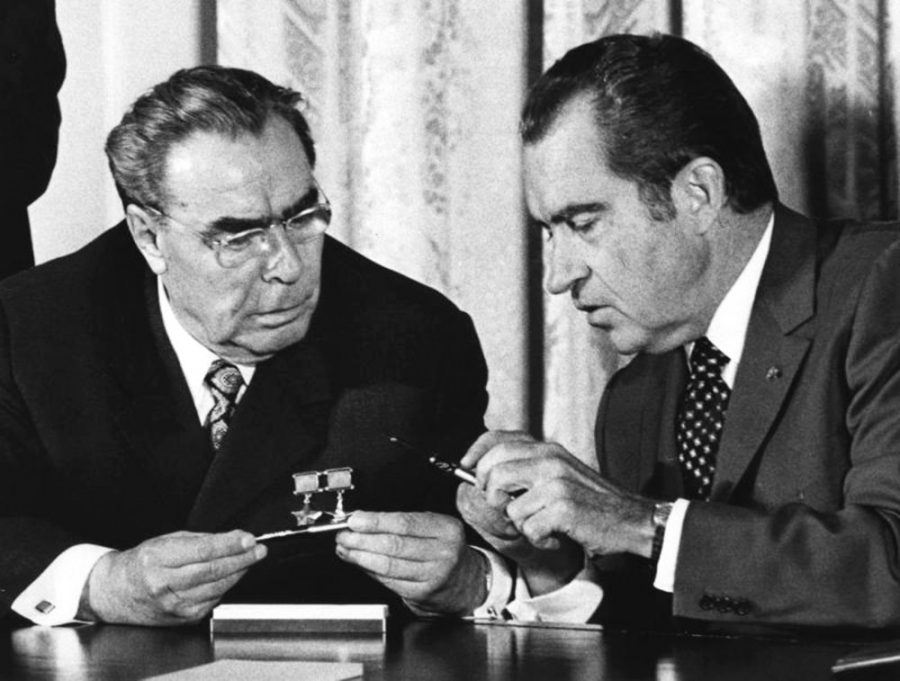There’s a reason history refers to him as “Tricky Dick.”
Since resigning as President of the United States forty years ago, Richard Milhous Nixon has continuously been the subject of great debate. In between the admirable achievement of reopening communications with China and the shameful scandal of the Watergate cover-up, historians have yet to come to a consensus on how to judge the 37th President.
Nixon’s former aide, Frank Gannon, has added to the complexity of Nixon’s legacy with the release of 30 hours of interviews he conducted with his former boss in 1983. These tapes have been gathering dust in the University of Georgia archives for the last three decades and were released publicly this past August.
The interviews cover a broad range of subjects in Nixon’s life. From plucking chickens in Arizona to hunting down Communists in Hollywood, Nixon is openly candid about his experiences throughout the interview.
Below are a series of quotes taken from various sections of these interviews that illustrate the many sides of this multi-faceted figure:
“The difficulty is that when a man does meet with a woman, he’s at a disadvantage.”
— At this point in the interview, Gannon is asking Nixon on the appropriateness of women debating men in politics. In a rather lengthy response, Nixon theorizes that women will eventually have more opportunities available to them in government, but warns women to not expect any special treatment when they get to the top.
“This idea that Communists are all working stiffs or minorities and the rest is fatuous nonsense.”
— A great portion of these tapes dwells on Nixon’s history with the House Un-American Activities Committee while serving in Congress. He harbors some regret at not being able to address Communist espionage during his time in the White House, as he claims to be too preoccupied with ending the Vietnam War in an honorable fashion. Though Nixon did help to prosecute Communist infiltrators, he claims to have disagreed with the methods used by Sen. Joseph McCarthy in tracking these potential spies.
“I always believe in making the big play, and so I made the big play, and this time it worked.”
— Nixon sheds some of his rough exterior when the subject turns to his wife, Patricia. During the interview, Nixon reminisces about when he first met his wife during a rehearsal for a play they were both in, called “The Dark Tower.” Nixon says that his decision to ask her on a date was one of the most impulsive moments of his life, as he was a young man who always considered the consequences of an action.
“The tragedy is that we lost it in the end.”
— On the issue of Vietnam, Nixon concedes to Gannon that the cost of the United States’ involvement in the conflict was enormous, but worth the effort. Though South Vietnam would fall to Communist rule in 1975, Nixon stands by the initial decision of trying to prevent such a takeover.
—Follow Kevin Reagan _”@KevinReaganUA_”:https://twitter.com/KevinReaganUA









